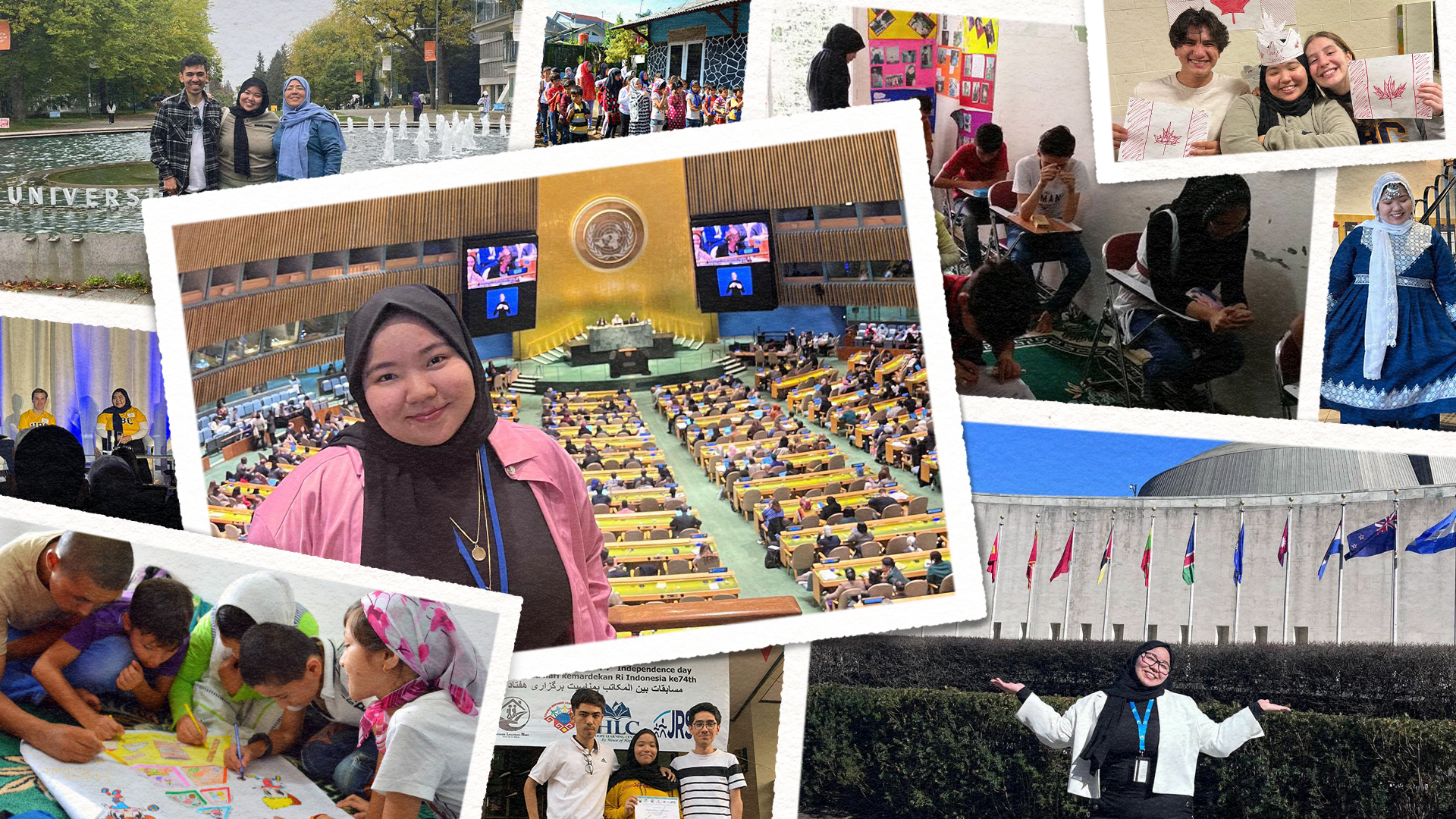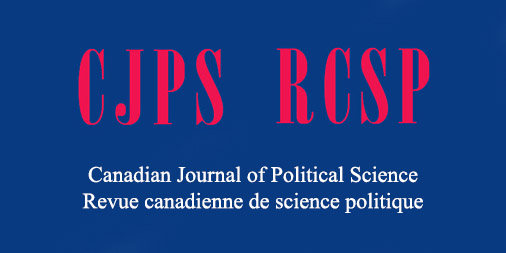On March 8th, 2019, the Australian Institute of International Affairs awarded Miriam Matejova, Stefan Parker and Peter Dauvergne the Boyer Prize for 2018, for their article, “The politics of repressing environmentalists as agents of foreign influence” (Australian Journal of International Affairs, Volume 72, Issue 2, 2018).
The Boyer Prize is awarded annually to commend the best article published in the Australian Journal of International Affairs (AJIA). The award-winning article, co-authored by two of our graudate students and a faculty member, was judged “to be innovative, original and will most likely have a wide impact upon and application to a myriad of international issues”.
Congratulations to Miriam, Stefan, and Peter!
About the Authors:
Miriam Matejova is a PhD candidate in Political Science, a Vanier Scholar, a Killam Laureate and a Liu Scholar at the University of British Columbia. Her research interests are global environmental politics and international security. Matejova has written and co-authored articles on international peace-building, foreign intelligence and environmental security in the Arctic.
Stefan Parker is a community relations specialist in Vancouver and a Master of Arts candidate at the University of British Columbia. His research focuses on corporate natural-resource extraction and governance in the global South.
Peter Dauvergne is Professor of international relations, specializing in global environmental politics. His research covers the politics of social movements, consumption, technology, and corporations, especially the consequences for social inequality and ecosystem degradation in the global South. Recent topics include the politics of climate change, food, plastic, biofuels, mining, ocean conservation, tropical deforestation, and artificial intelligence.
About the Article:
Non-government organisations with international linkages can be depicted as disloyal, subversive and even as spies working for foreign powers. This creates a risk for NGOs that participate in transnational advocacy networks with far-reaching consequences for the future of environmental activism.
A number of states have accused non-government organisations (NGOs) of either being or acting on behalf of malevolent foreign interests. In many cases, states have framed these accusations within the domestic history of foreign interference, questioning the loyalty and patriotism of activists and NGOs. In the name of transparency and national security, since the mid 2000s a wide range of states, including Bolivia, China, Egypt, Malaysia, India, Russia, Canada and Australia, have been revising and passing new laws to enhance controls over domestic NGOs, especially ones receiving foreign funding and participating in transnational advocacy networks.
Backlash against NGOs as foreign agents has been particularly strong in relation to natural-resource extraction, as governments seek to defend economies of extraction against an increasingly connected network of global environmental opposition. In Bolivia, for example, the government has framed environmental NGOs opposing natural-gas extraction as agents of colonialism, while China and Russia have passed laws to limit the capacity of foreign-affiliated NGOs to campaign on political issues, such as mining and nuclear energy.
Why have governments labelled civil society organisations as foreign agents? Why are states enacting laws to sever the foreign ties and funding of local NGOs? There are, of course, many factors, varying across jurisdictions and time. The legacy of past transnational advocacy campaigns is a significant—and often underestimated—reason.
About the Journal:
The Australian Journal of International Affairs (AJIA) is edited by Ian Hall, Professor of Government and International Relations at Griffith University and Director of Research at the Griffith Asia Institute, and Sara Davies, Associate Professor at the Centre for Governance and Public Policy, School of Government and International Relations at Griffith University. The journal publishes high quality scholarly research on international political, social, economic and legal issues, especially (but not exclusively) within the Asia-Pacific region. The journal is published six times a year by Routledge Taylor and Francis.


